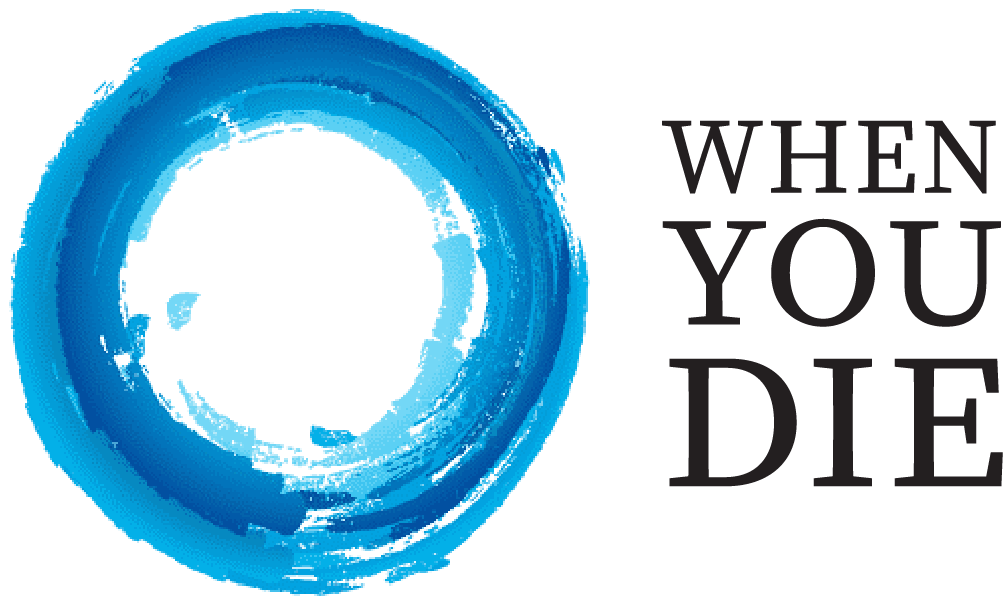People find it joyful, bringing a new baby into the world. That being said, I don’t think that the same couldn’t be said for a lot of folks at the end of life, if they are supported and cared for in a way that allows them to feel validated in their wishes and met with exactly how they want their lives to end. I know this could happen. And I’m also very optimistic and hopeful about what we could build, especially as an organization, at Pause, what we could build that would sort of mimic that model.
– Alica Forneret

